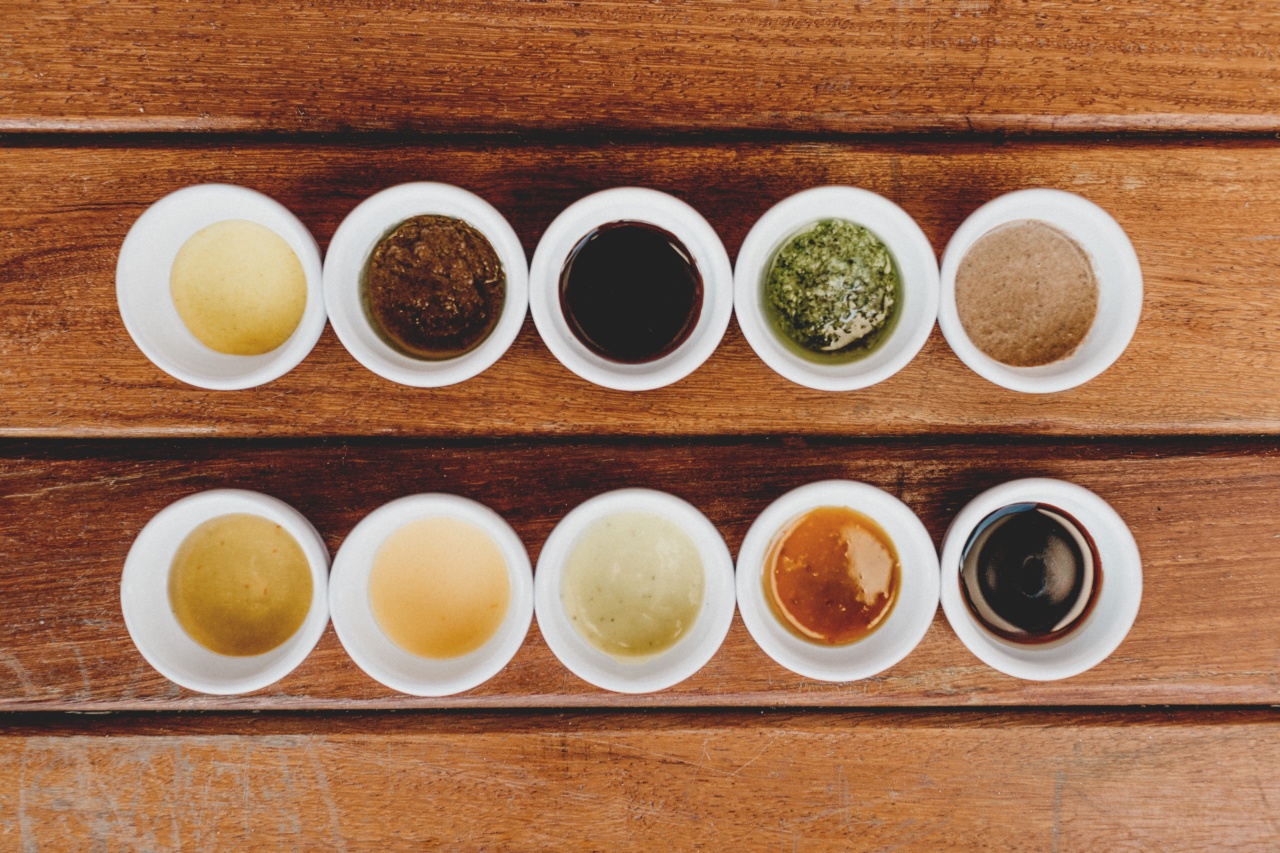When talking about stress, most of us focus on external factors such as work pressure, finances, and personal relationships. However, what we often overlook is the way our diet can also contribute to stress levels.
The food we eat has a direct impact on our physical and mental wellbeing, and it’s important to understand how this connection works.
Foods That Contribute to Stress
Processed and sugary foods are often associated with high levels of stress. This is because they cause a spike in blood sugar levels, which then leads to a crash.
This cycle can cause fatigue, irritability, and anxiety, all of which are symptoms of stress.
Additionally, caffeine is a stimulant that can increase stress levels if consumed in excess. While small amounts of caffeine may help improve alertness and focus, too much can lead to jitters, anxiety, and insomnia.
It’s important to moderate your caffeine intake and not rely on it as a crutch to get through a stressful day.
High-fat foods are also linked to stress, as they can cause digestive discomfort and make us feel sluggish. This can then lead to stress as we struggle to get through the day with reduced energy levels.
Foods That Help Reduce Stress
On the other hand, there are foods that have been shown to help reduce stress levels. These include:.
- Fruits and vegetables: These are great sources of vitamins and minerals, and have been shown to improve mood and reduce feelings of stress.
- Whole grains: Complex carbohydrates found in whole grains have been linked to improved mood and reduced anxiety.
- Fatty fish: Omega-3 fatty acids found in fatty fish such as salmon and tuna can help reduce inflammation, which has been linked to stress.
- Herbal tea: Certain herbal teas, such as chamomile, lavender, and lemon balm, have calming properties that can help reduce stress levels.
The Impacts of stress on eating habits
While it’s important to understand the impact of food on stress levels, it’s equally important to recognize the impact that stress can have on eating habits.
Stress can cause us to turn to unhealthy foods as a way to cope, and can also lead to overeating or undereating.
Stress Eating: Also called emotional eating, this refers to the practice of using food to cope with stress or negative emotions.
When stressed, the body releases cortisol, a hormone that can increase appetite and cravings for sugary or high-fat foods. This can cause a vicious cycle of stress and unhealthy eating habits.
Skipping Meals: On the other hand, stress can also cause us to lose our appetite and skip meals. This can lead to nutrient deficiencies and further exacerbate stress levels.
Tips for Managing Stress Through Food
Here are some tips for managing stress through diet:.
- Eat a Balanced Diet: Focus on eating a balanced diet that includes plenty of fruits and vegetables, whole grains, and lean protein sources.
- Avoid Processed Foods: Limit your intake of processed and sugary foods.
- Limit Caffeine and Alcohol: Don’t rely on caffeine or alcohol as a way to cope with stress.
- Try Herbal Tea: Incorporate calming herbal teas into your routine, such as chamomile or lavender.
- Avoid Skipping Meals: Try not to skip meals, even when feeling stressed.
- Practice Mindful Eating: Take time to enjoy your food and eat slowly and mindfully.
The Bottom Line
While it’s impossible to completely eliminate stress from our lives, we can take steps to manage it through our diet.
Eating a balanced diet of whole foods, avoiding processed and sugary foods, and incorporating calming teas and herbs into our routine can all help reduce stress levels and improve overall wellbeing.





























